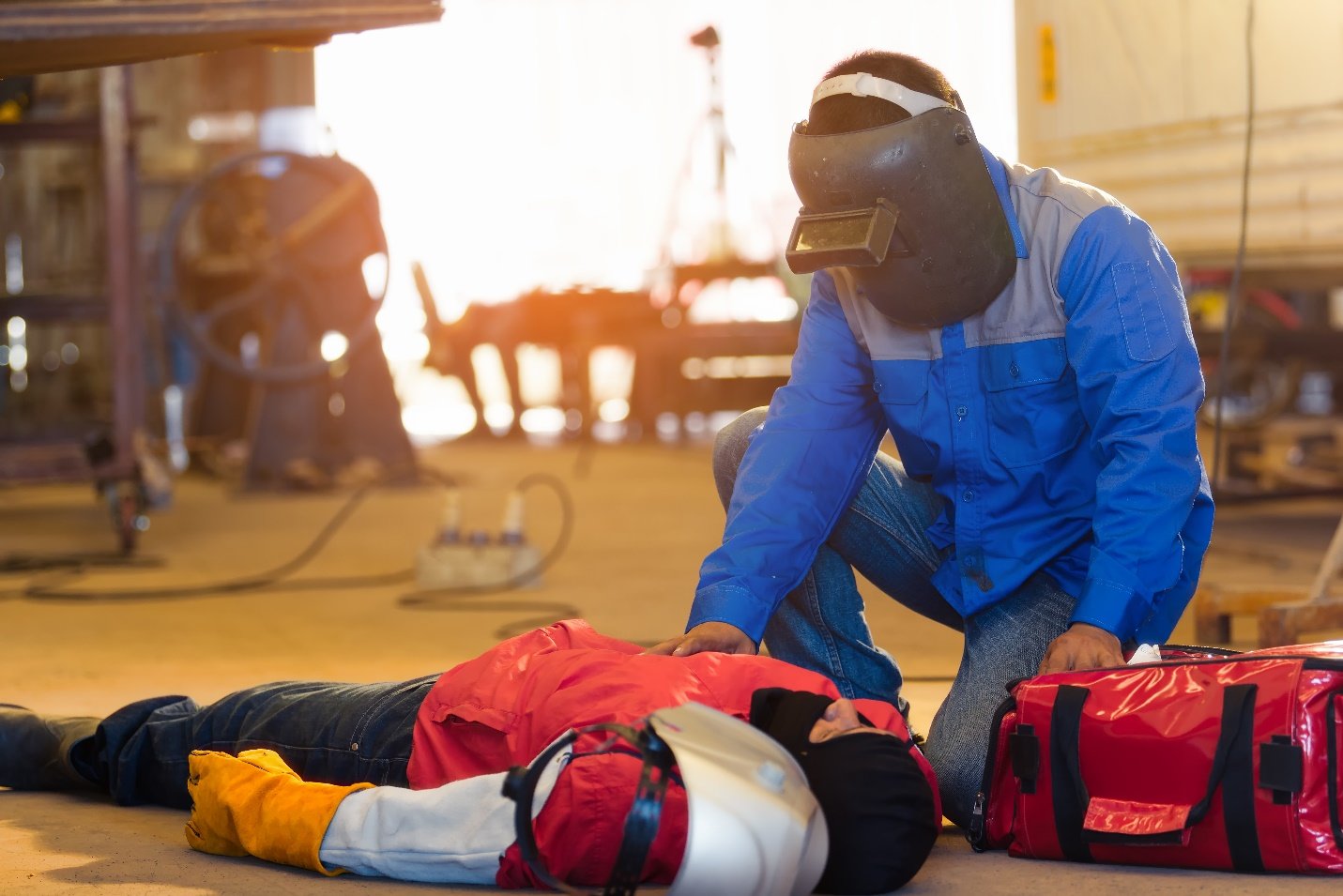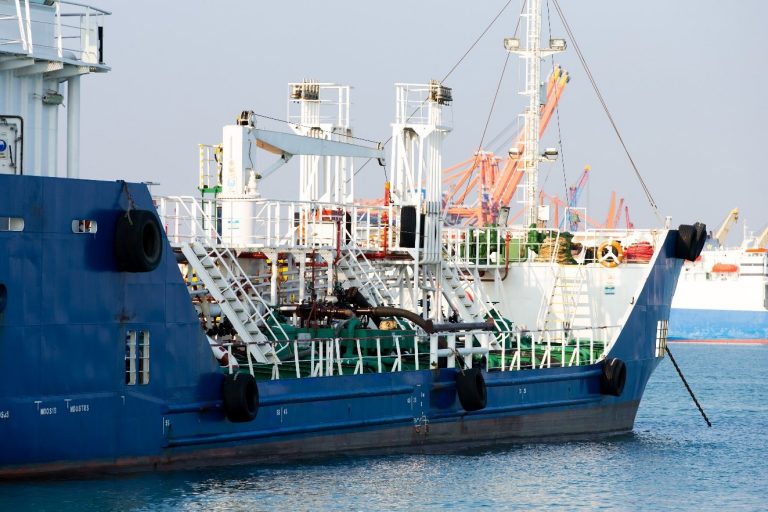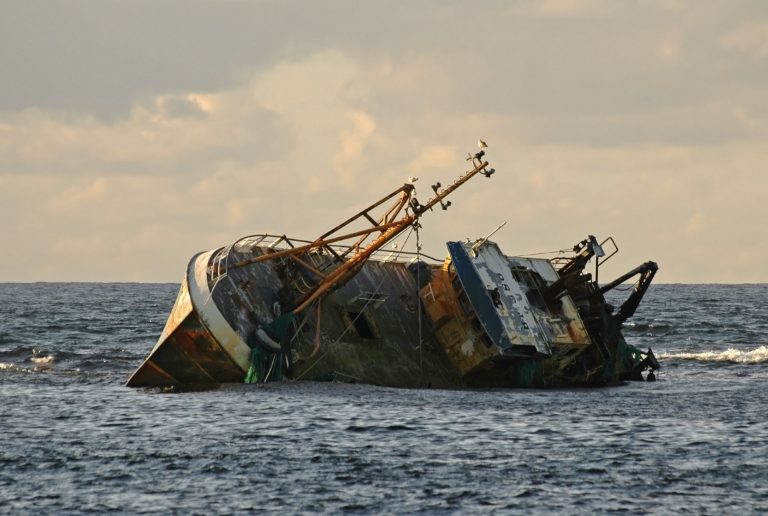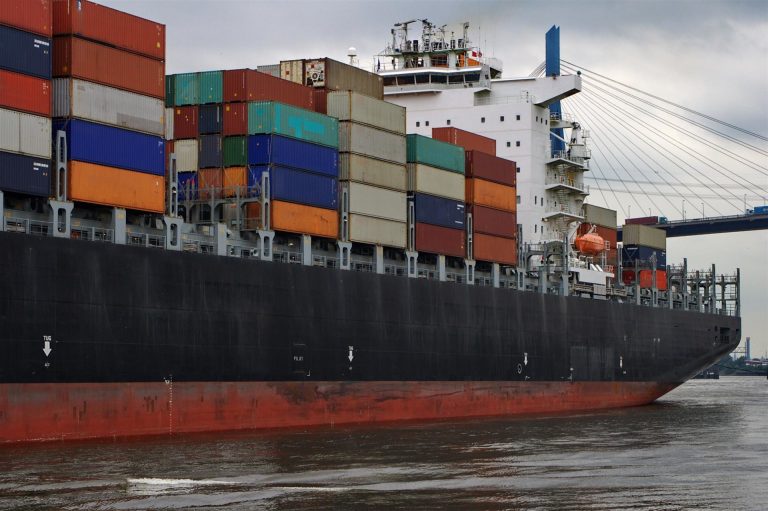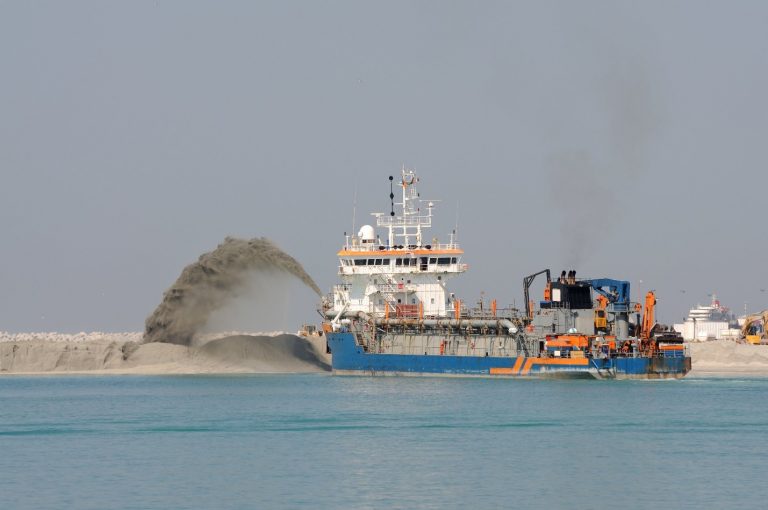When you think about maritime accidents and injuries, you might think of major incidents, like the explosion of Deepwater Horizon and other catastrophic events. However, there are equipment failure accidents, lifting accidents, crane accidents, and other types of unsafe working condition accidents that are not featured in the media.
To reduce any risk of accidents, maritime workers need to take steps to prevent injuries by adhering to the proper safety regulations. Yet, what is surprising, according to a report featured in the New York Times in March 2018, offshore workers want fewer government regulations. However, surprise inspections by the Department of the Interior during the same period found major safety issues, some of which posed potentially life-threatening risks.
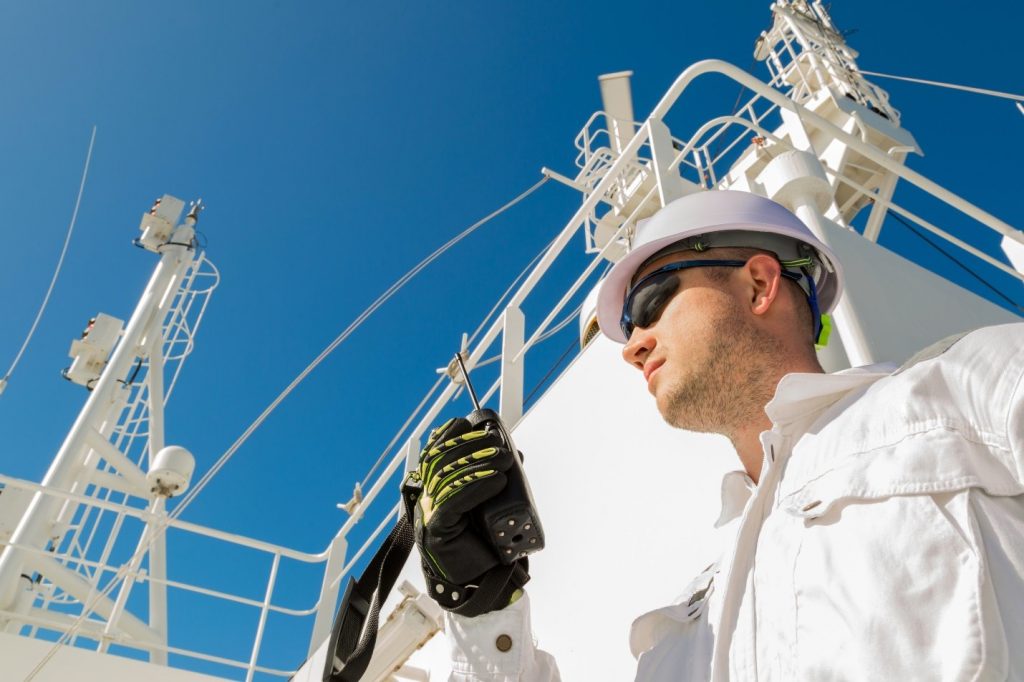
If workers want fewer regulations, then they need to take the first steps and work with their employers to create safer working conditions, as follows:
- Report any broken, damaged, or malfunctioning equipment.
- Do not operate machinery that is not working correctly.
- Report any damages to the offshore rig/vessel that need to be repaired.
- Do not work in areas of the rig/vessel that are damaged or no longer seaworthy.
- Work together to verify the rig/vessel has proper safety equipment, fire extinguishers, etc.
- Schedule workers to shorter shifts with sufficient time off.
- Complete regular safety training and education courses.
- Keep work areas clear of obstructions, tools, and other hazards.
- Perform regular maintenance on all equipment and the entire rig/vessel and make any necessary repairs.
What Maritime Laws Promote Safety and Protect Workers?
There are several different maritime laws and acts that promote safe working conditions for maritime workers, such as:
- The Jones Act
- Longshore and Harbor Worker’s Compensation Act (LHWCA)
- Death on the High Seas Act (DOHSA)
- Admiralty Extension Act (AEA)
- Outer Continental Shelf Lands Act (OCSLA)
- Suits in Admiralty Act (SAA)
- Public Vessels Act (PVA)
Which laws and acts would apply in a particular case resulting in personal injuries to workers would depend on where the accident took place and the type of vessel.
If you were or a loved one was injured at sea or working around rigs/vessels, you could be entitled to compensation under one or more acts and laws. Contact a maritime lawyer at Maintenance and Cure, part of Schechter, Shaffer & Harris, L.L.P., by calling 1-800-836-5830 now!
Source:

